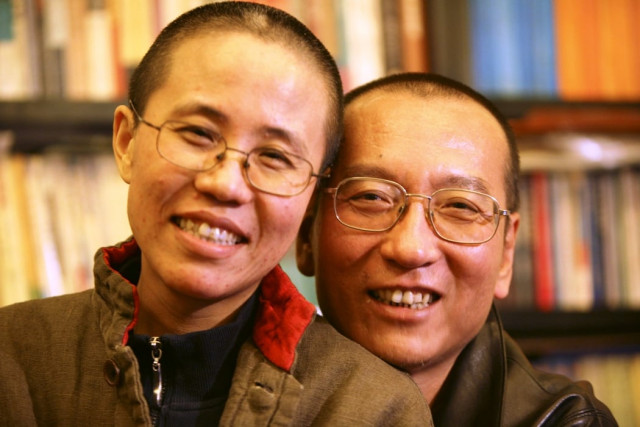A prize for peace
By choosing Liu Xiaobo, the Nobel Peace Prize Committee has taken a step towards rehabilitating its reputation.

A prize for peace
Xiaobo was sentenced to 11 eleven years in prison for the ‘crime’ of writing and publicising a charter that demanded freedom of speech and national elections. What made Xiaobo so dangerous to the Chinese government was his effectiveness. A chain-smoking charmer, Xiaobo convinced 8,000 people to put their names to this document. In a country where the slightest dissent is ruthlessly suppressed, that took real courage.
Armchair pundits will debate whether Xiaobo deserved the prize over other nominees, including an Afghan women’s rights activist, humanitarian groups and, for some indiscernible reason, the internet. That misses the point. As a prisoner of conscience, Xiaobo is a symbol of the fight against repression. And the Peace Prize has always been about aspirations as much as achievements. That was the thinking behind making US President Barack Obama a Nobel Laureate last year. The committee had hoped that giving Obama the prize would encourage him to pursue his stated agenda of peace. That decision has looked hastier with every passing drone attack. This was a chance for the Committee to atone for last year’s mistake. By choosing a man who stands for freedom and is willing to suffer the consequences of agitating for it, the Nobel Peace Prize has taken one small step towards rehabilitating its reputation.
Published in The Express Tribune, October 9th, 2010.















COMMENTS
Comments are moderated and generally will be posted if they are on-topic and not abusive.
For more information, please see our Comments FAQ